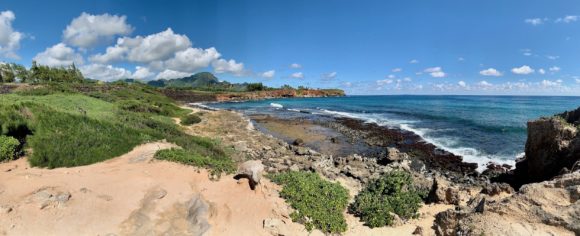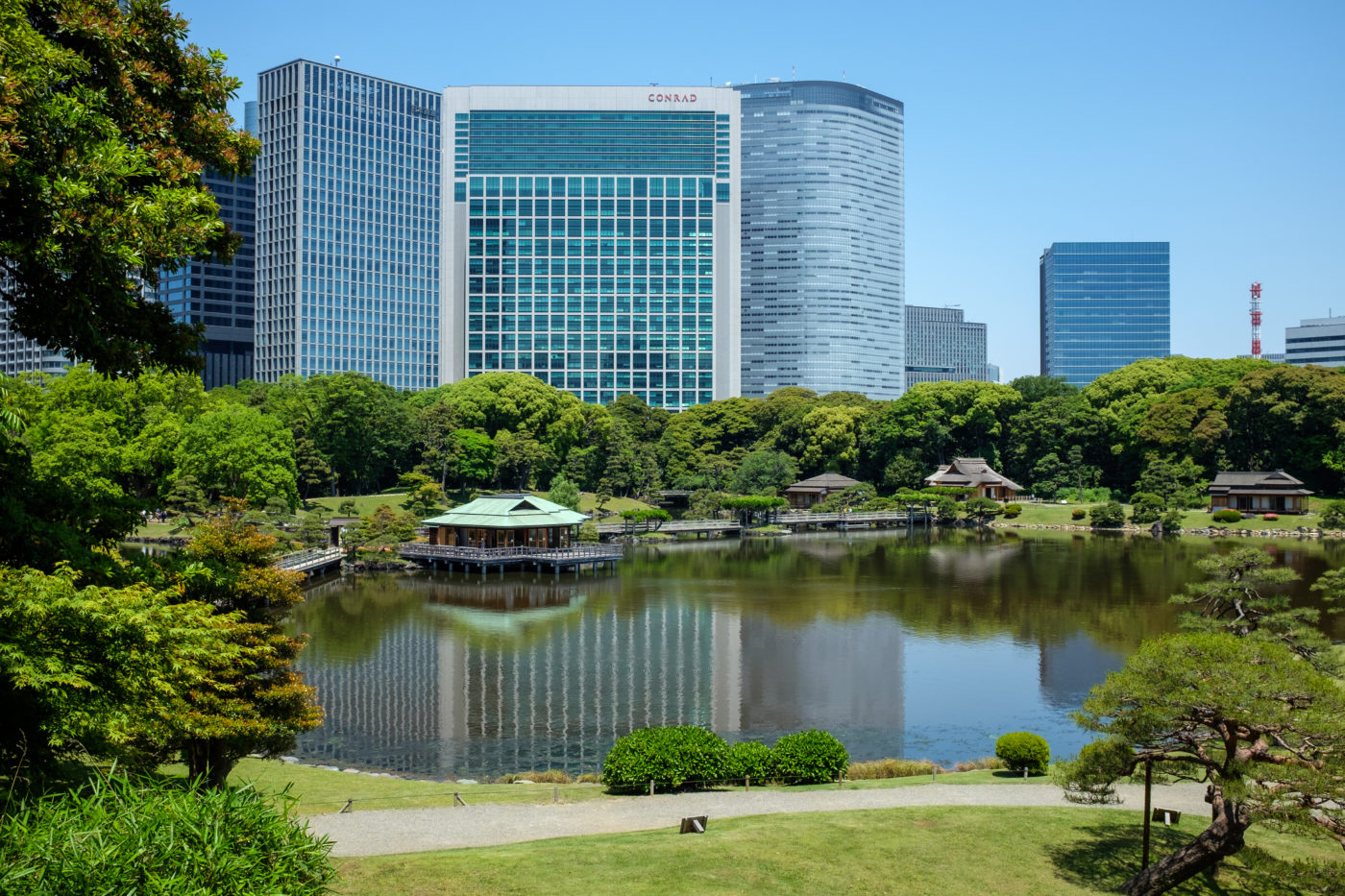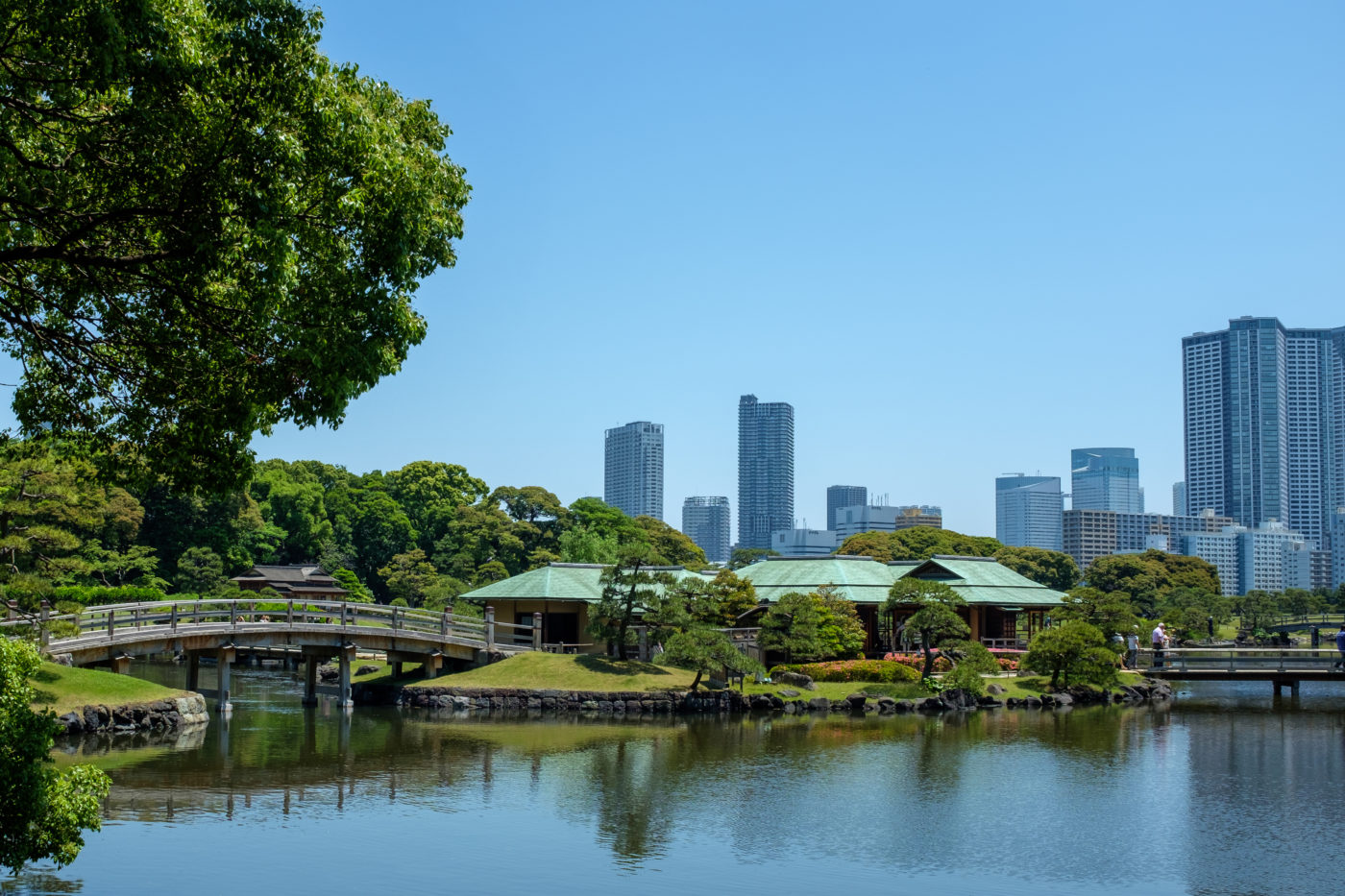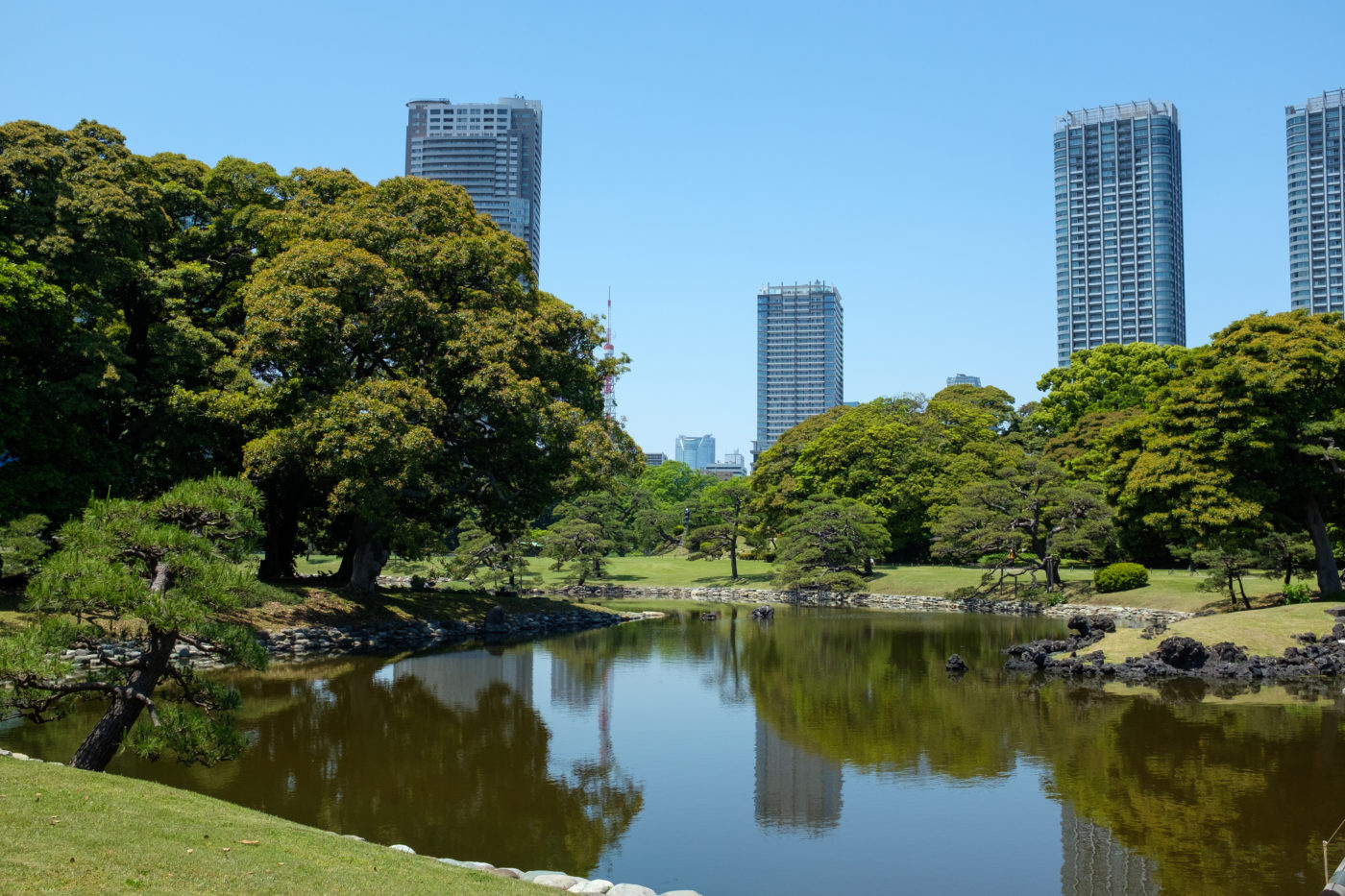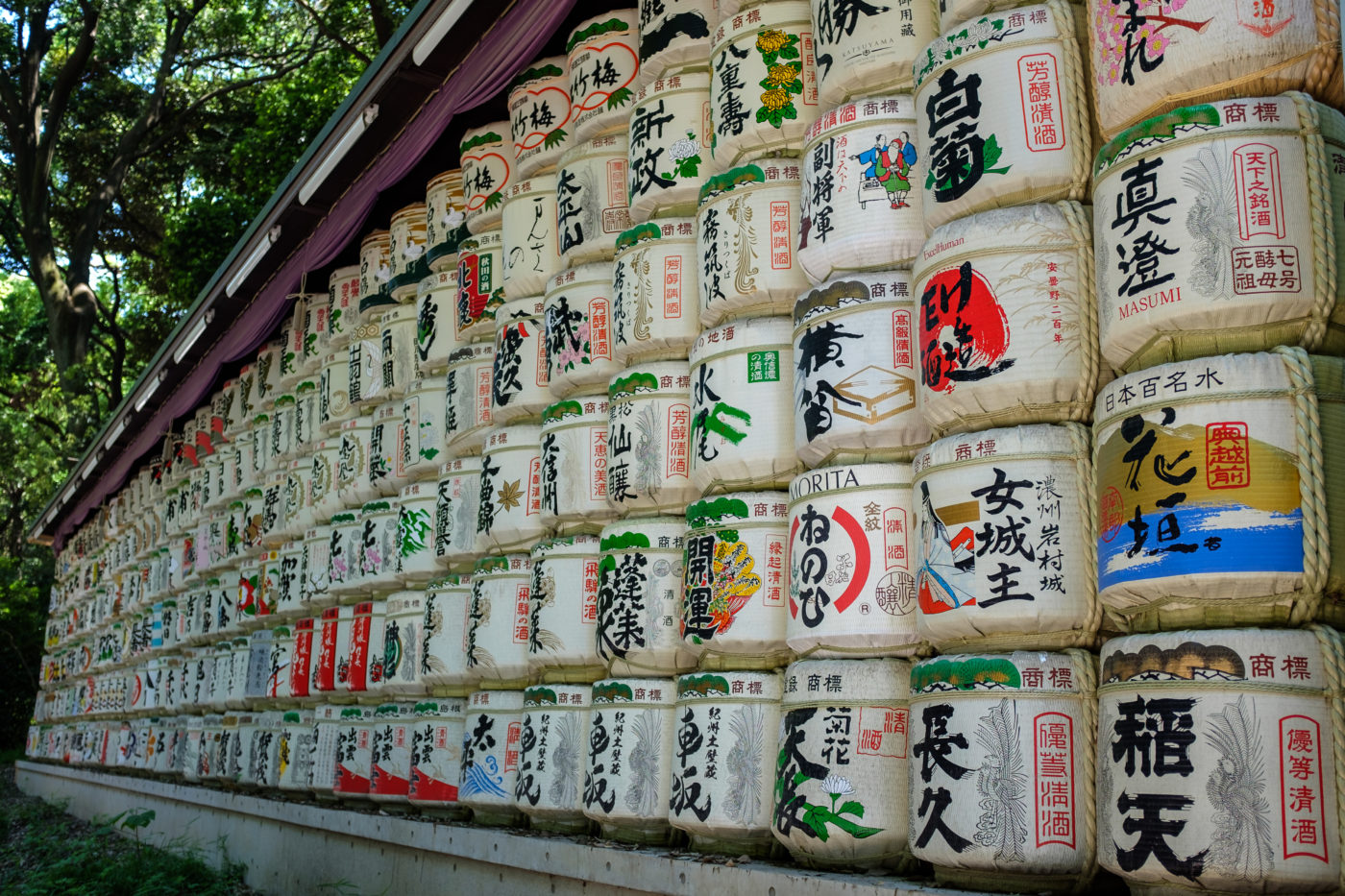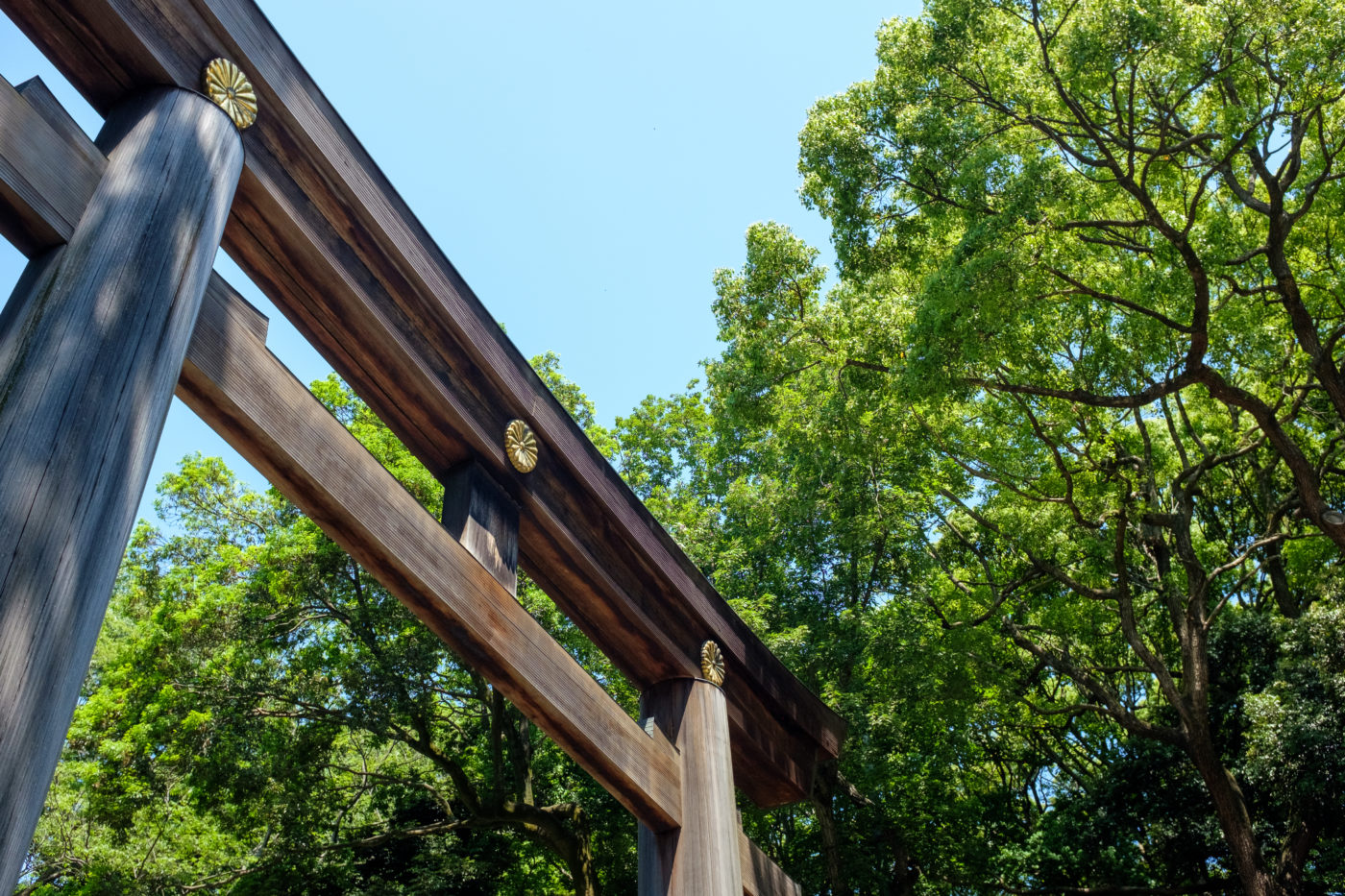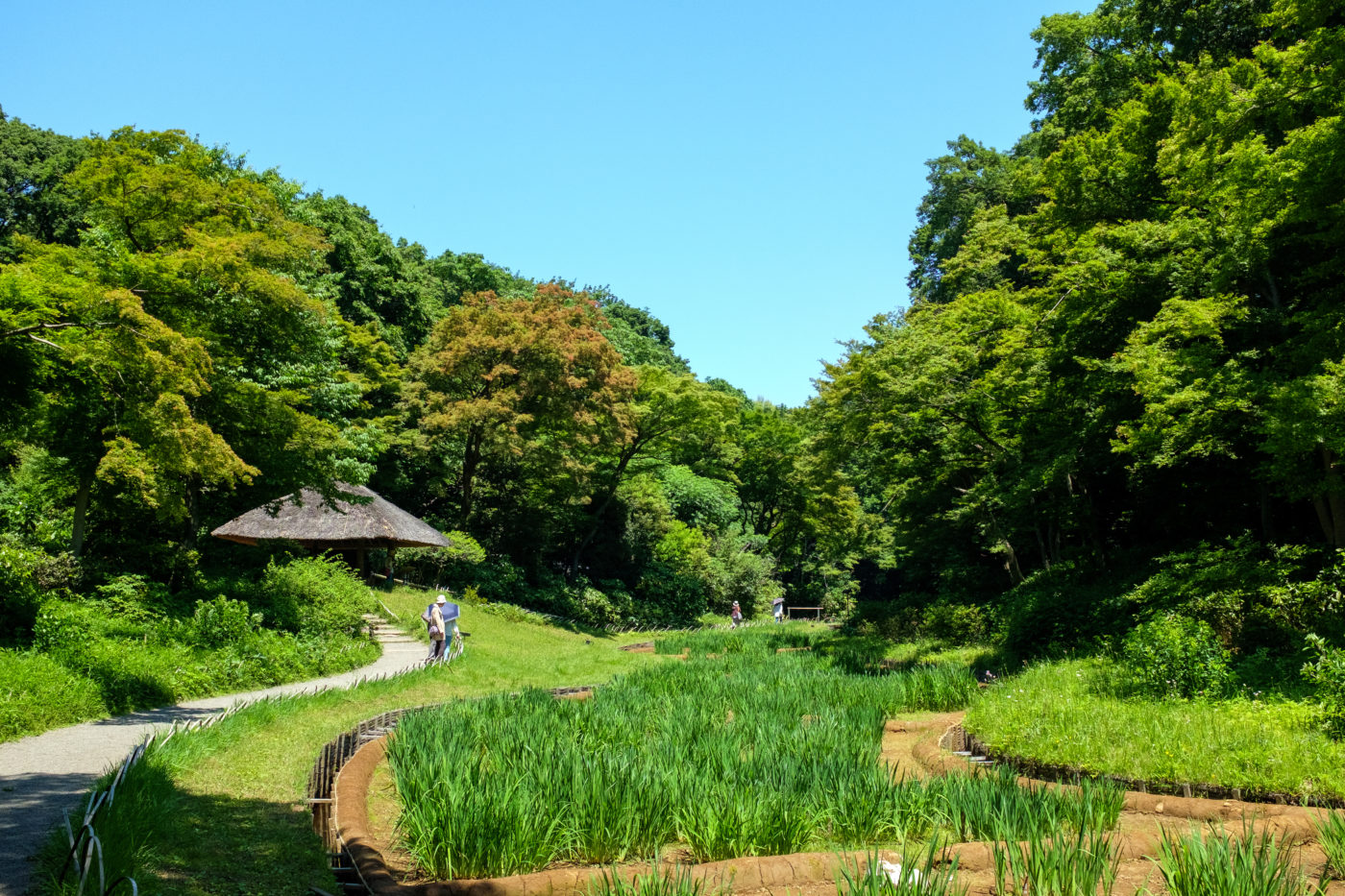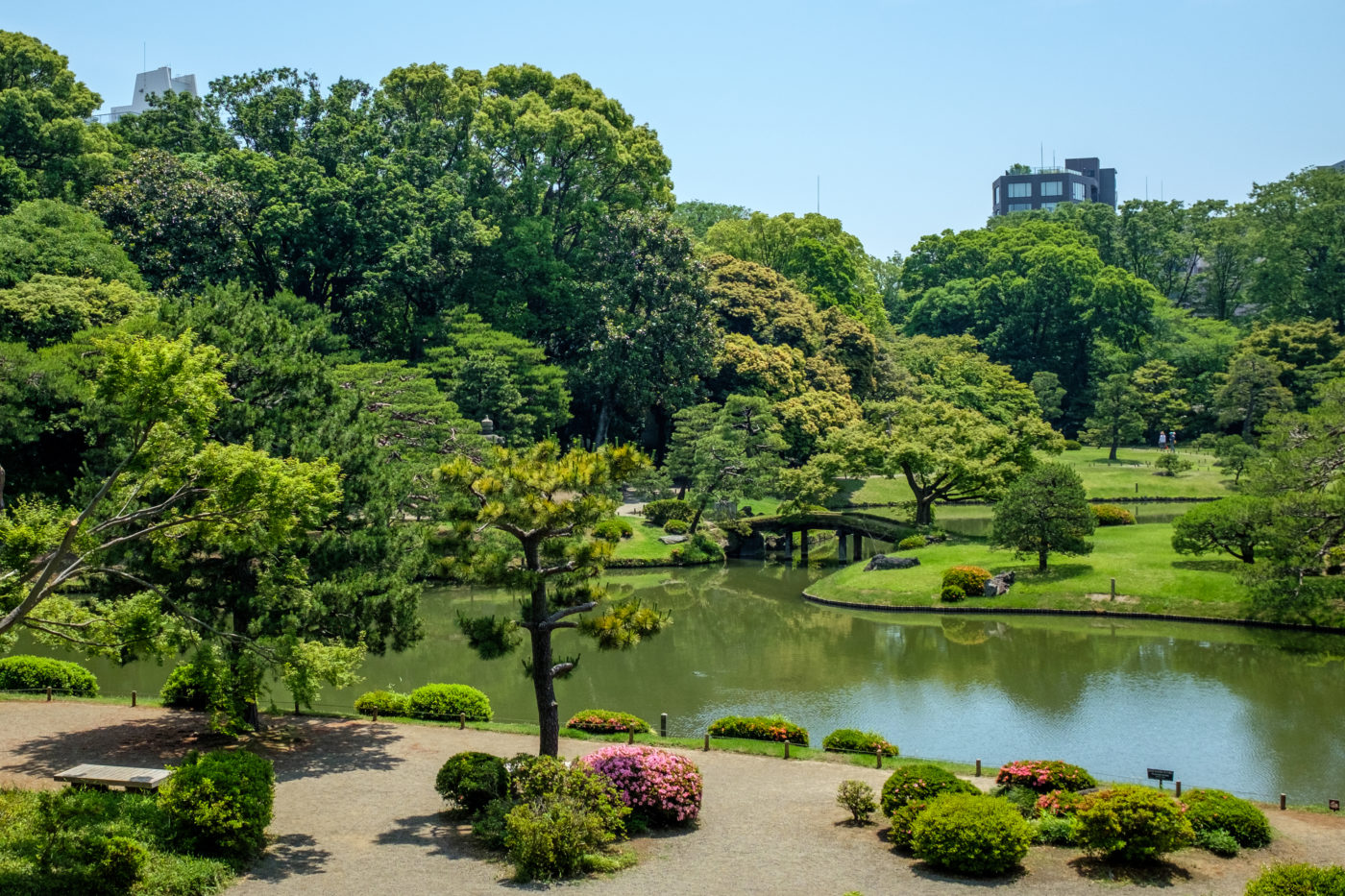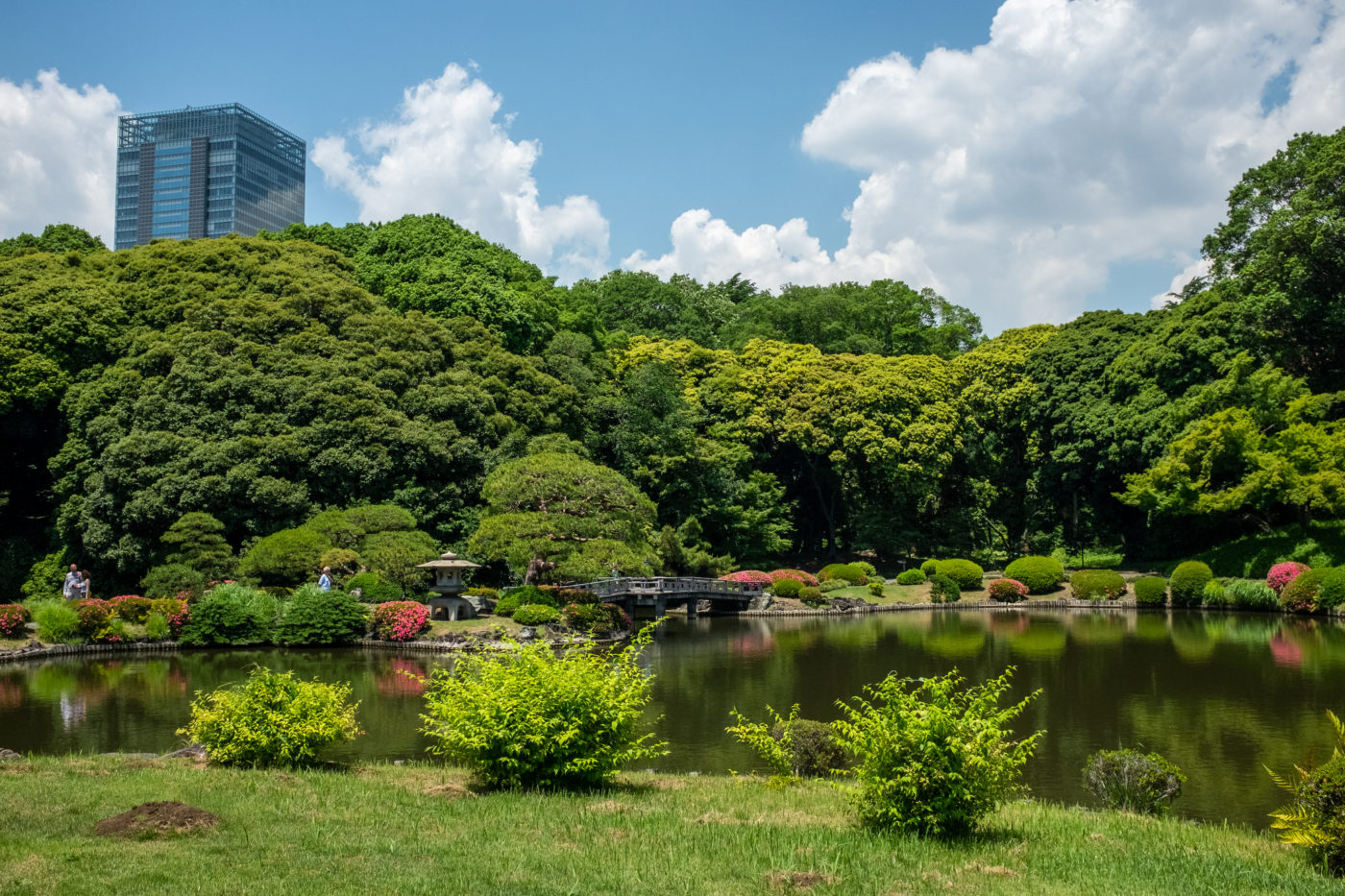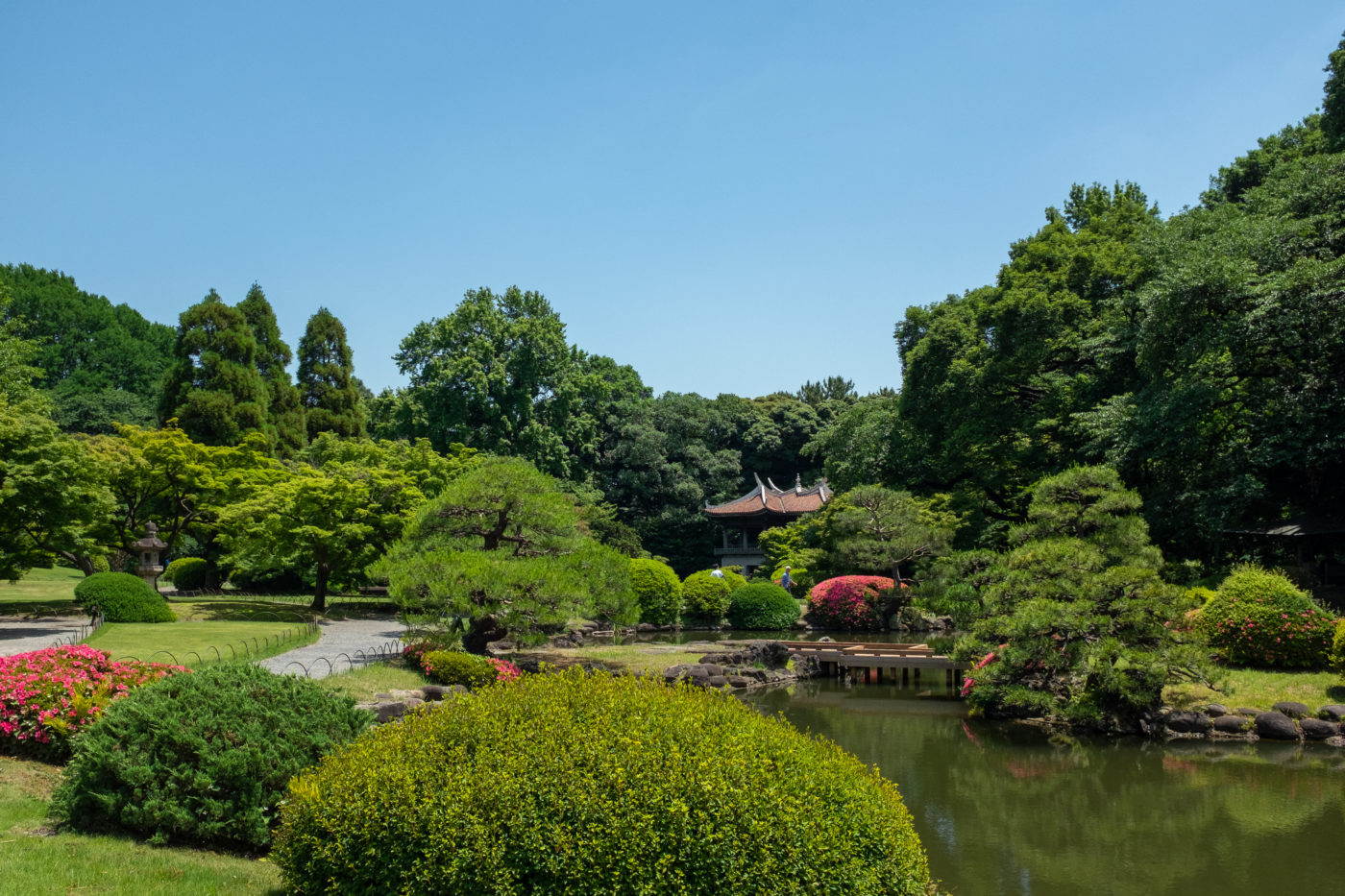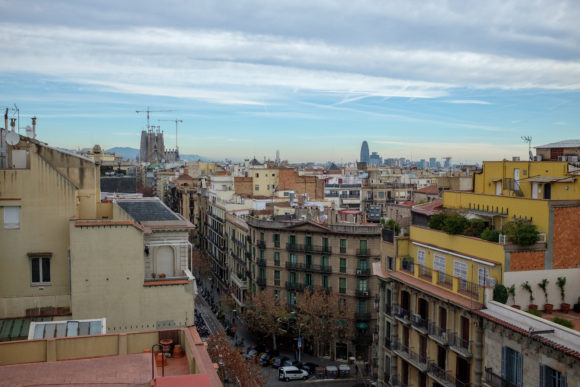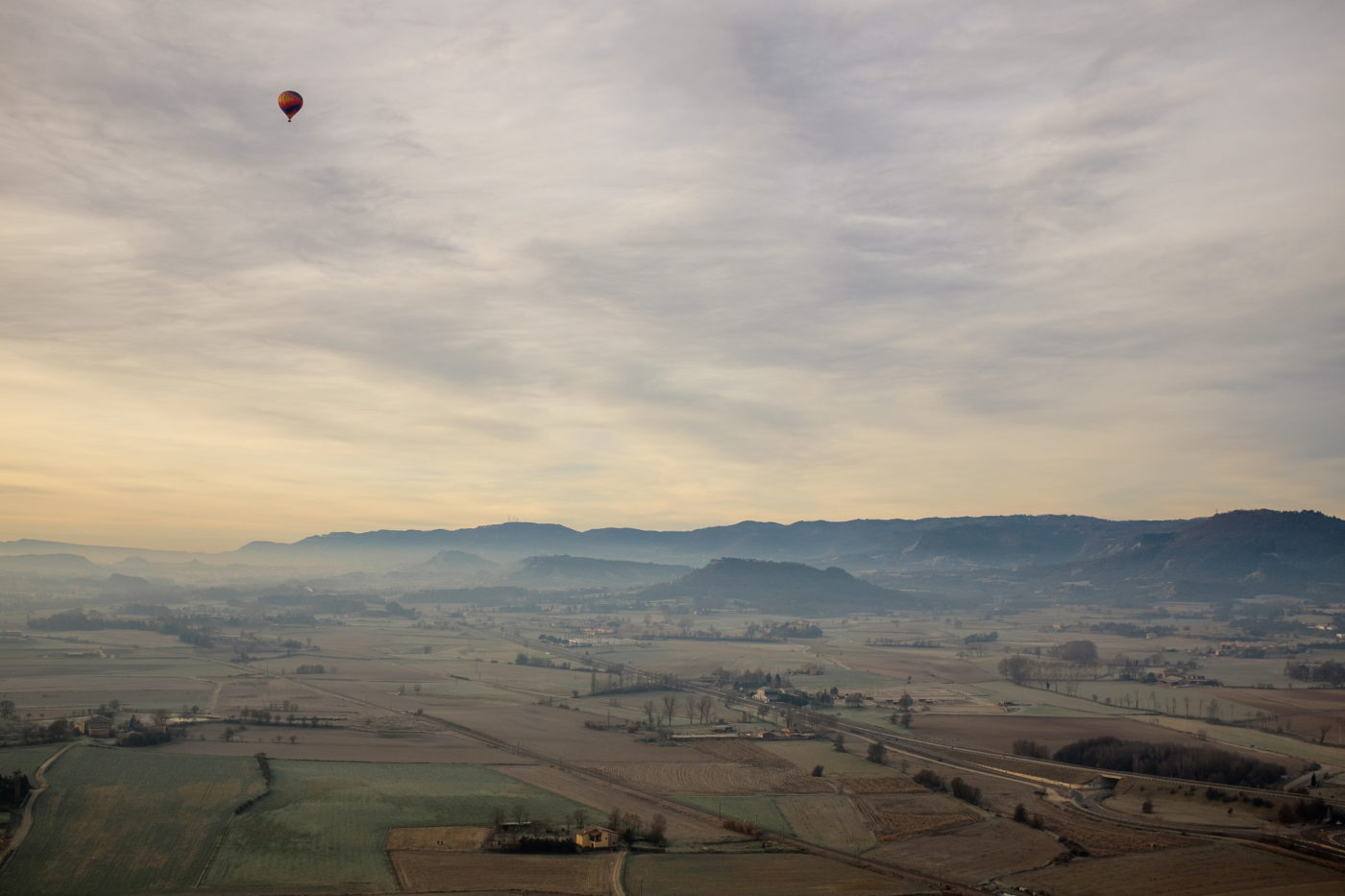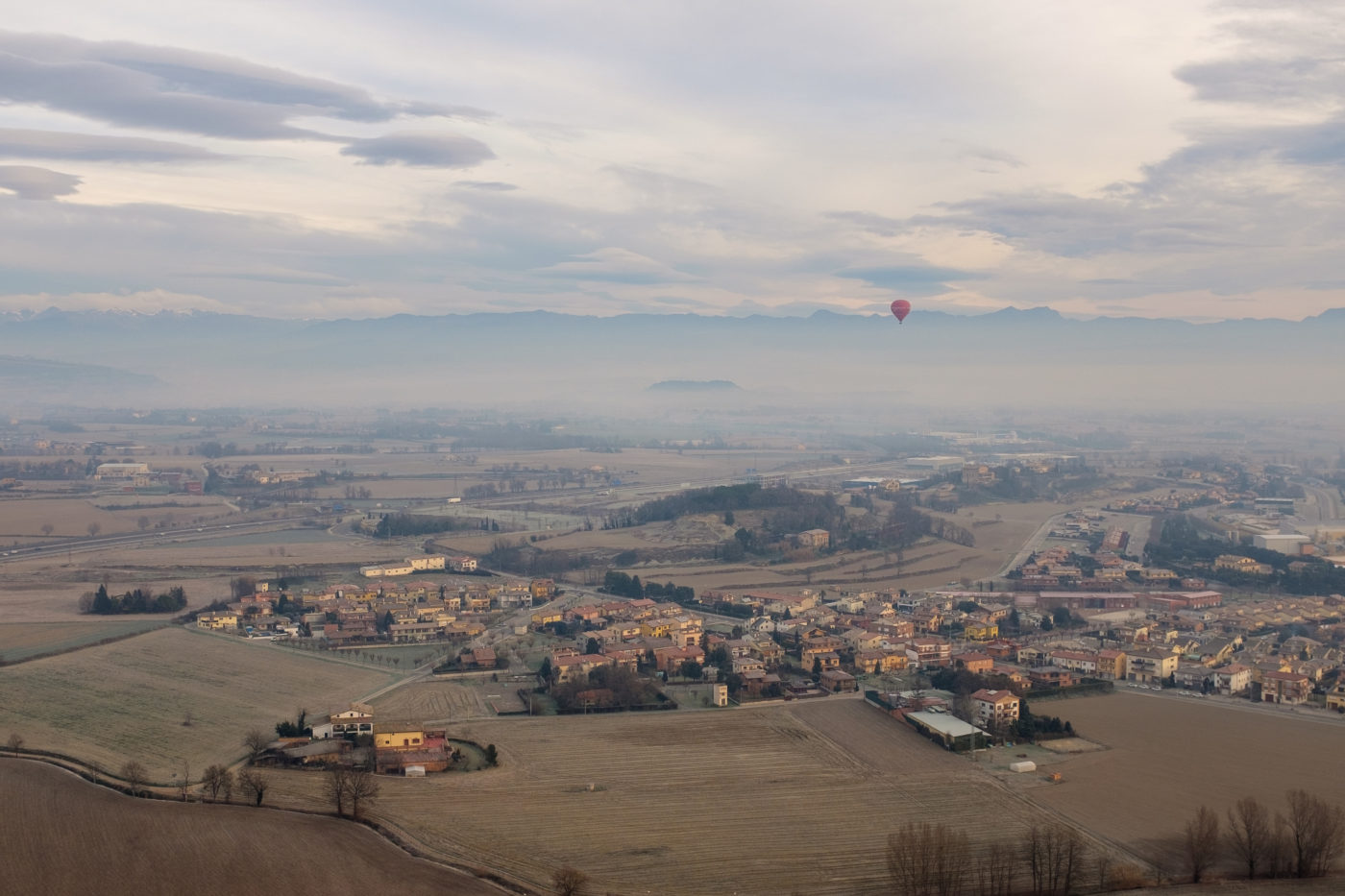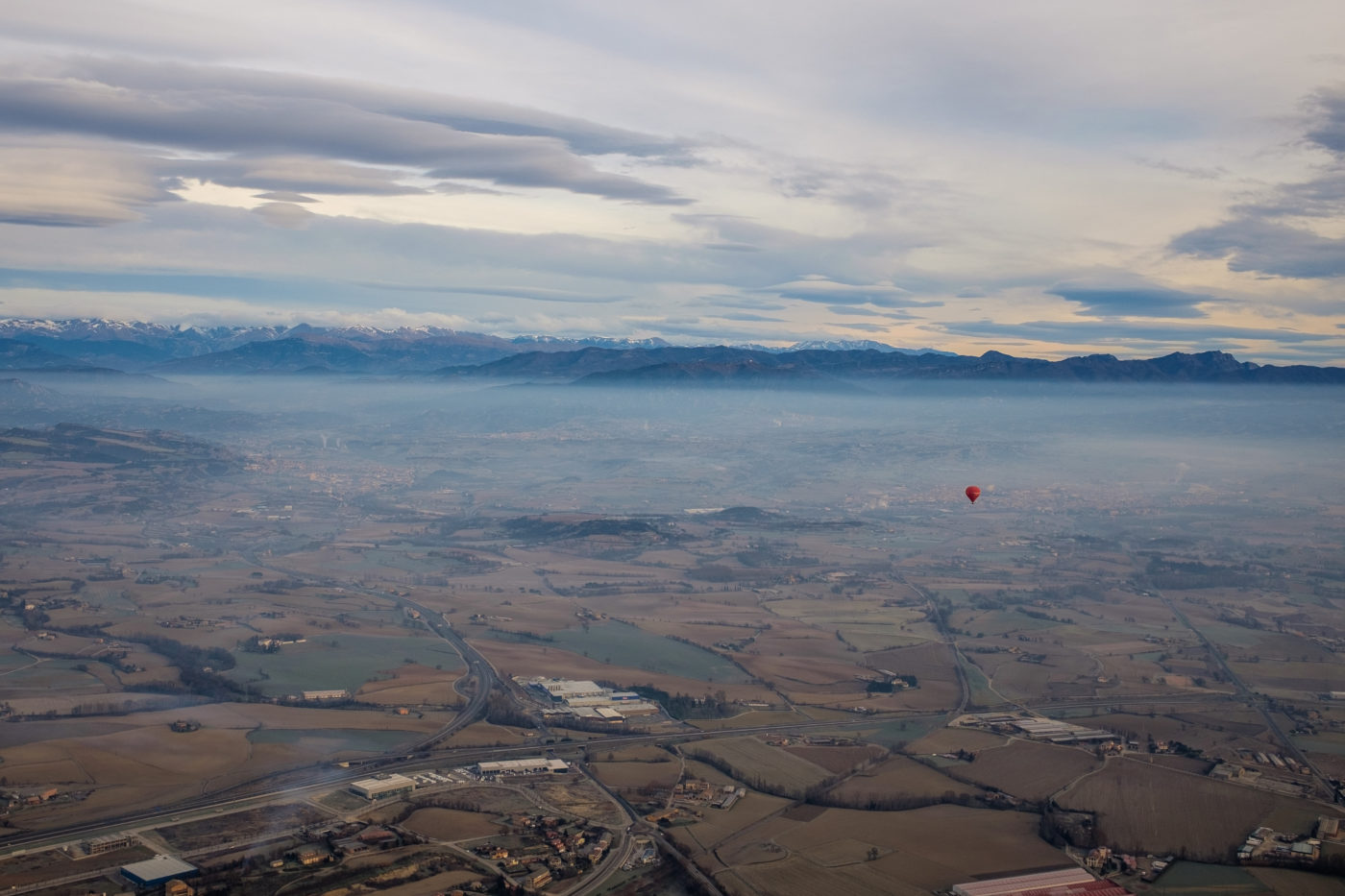We just got back from a week in Kauai, which is turning into an annual tradition for us. It’s such a relaxing place to be and with much of the island geared toward tourism it certainly makes vacations easy to plan.
The focus for this trip was getting open water certified for SCUBA diving, which I can now say I am. We went through the folks at Fathom Five, who I’d highly recommend if you’re looking to dive in Kauai. This was by far the most enjoyable training and certification I’ve ever done!
Other than the SCUBA course we didn’t get up to too much. A big part of each day was spent reading, more on that in a bit, and the main other activity was an afternoon hike along the Maha’ulepu Heritage Trail (pictured above). It’s an easy 4-mile roundtrip hike with just perfect scenery. Plus there’s a small farm at the end with giant land tortoises.
I also took an afternoon and put together a small WordPress plugin for keeping track of links and bookmarks. I’ve long-used Pinboard for this and used to share links directly here, too. But both solutions felt imperfect. The plugin is just a custom post type with a meta field that pipes into a separate feed. So far, so good.
On the reading front I worked my way through five books. I first wrapped up two that I’d had in-progress from before vacation: The Attention Merchants by Tim Wu and The Overstory by Richard Powers. The Overstory is one of the more thoughtful pieces of fiction I’ve read in recent memory. I then read Bruce Chatwin’s In Patagonia which is excellent, though difficult to describe. I wrapped up the week by tapping into my inner hermit and read two books on solitude: Hermits: The Insights of Solitude by Peter France and Solitude: A Return to the Self by Anthony Storr.
